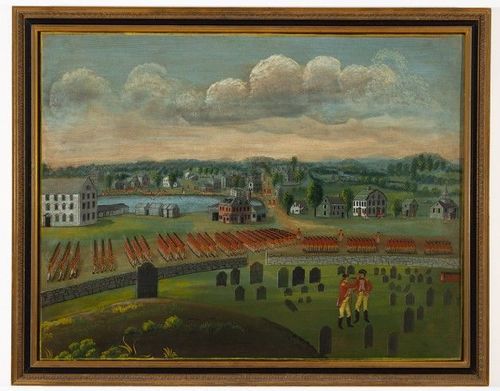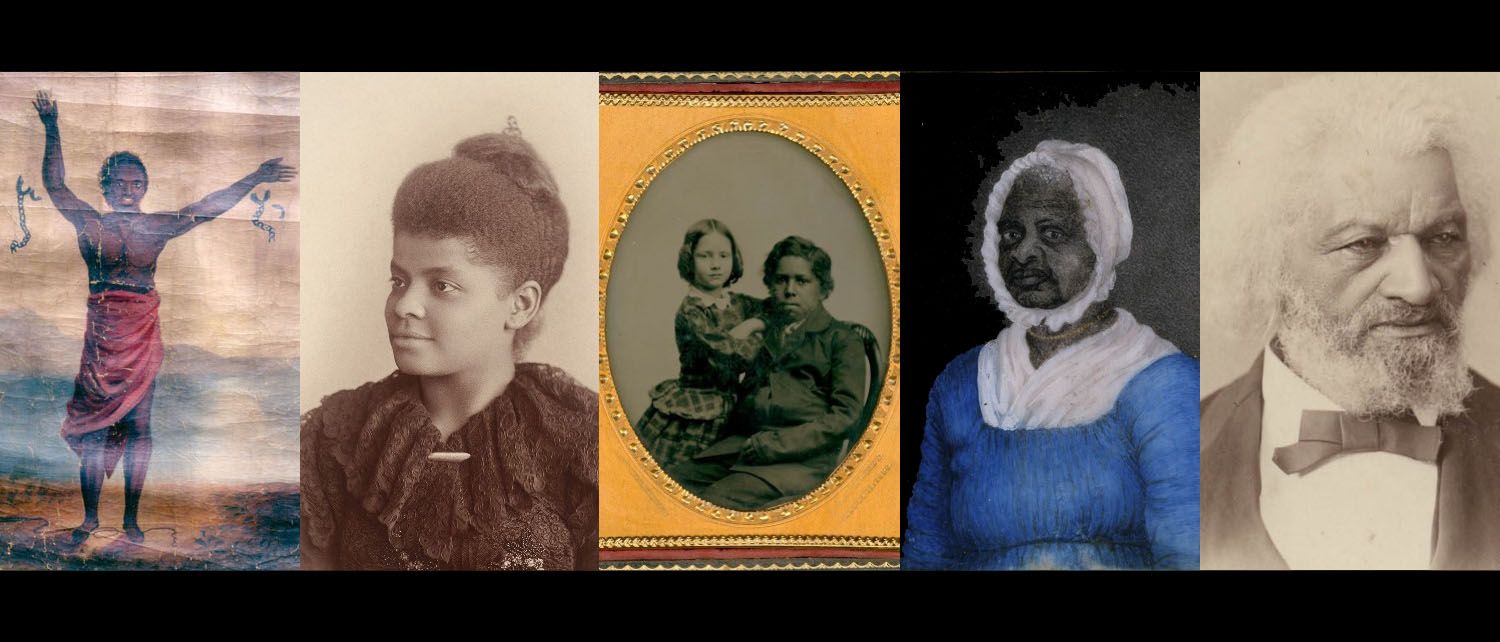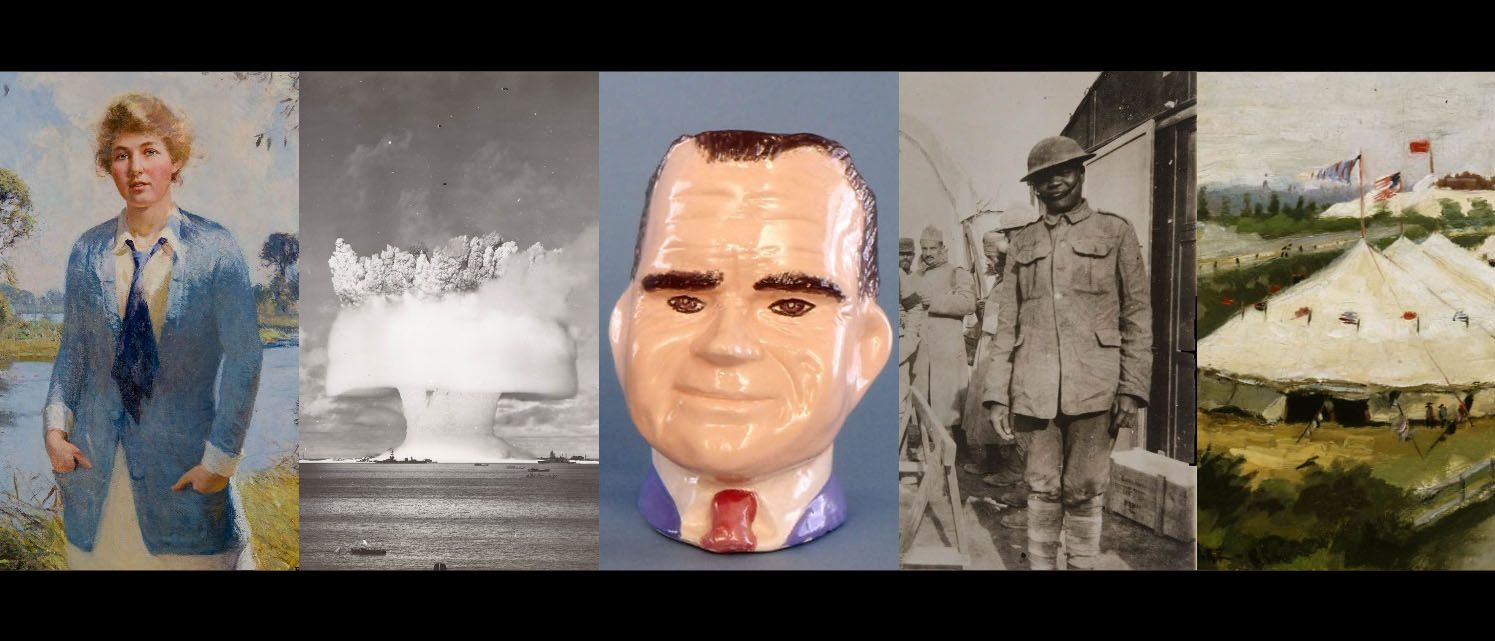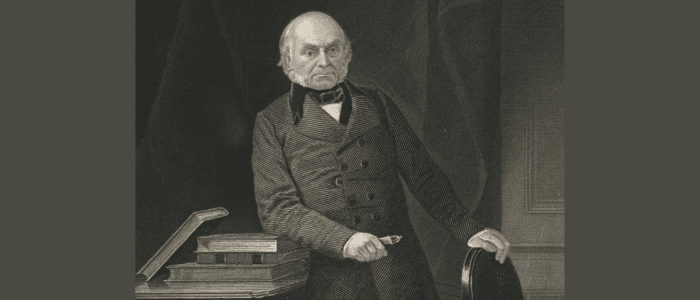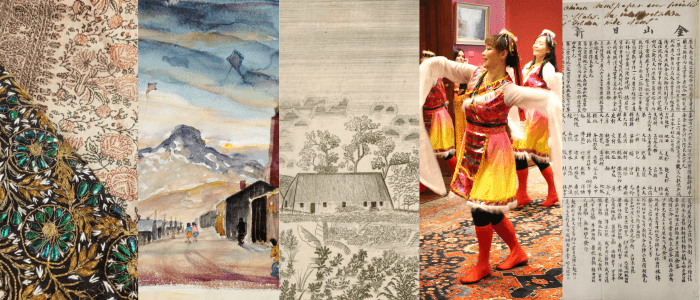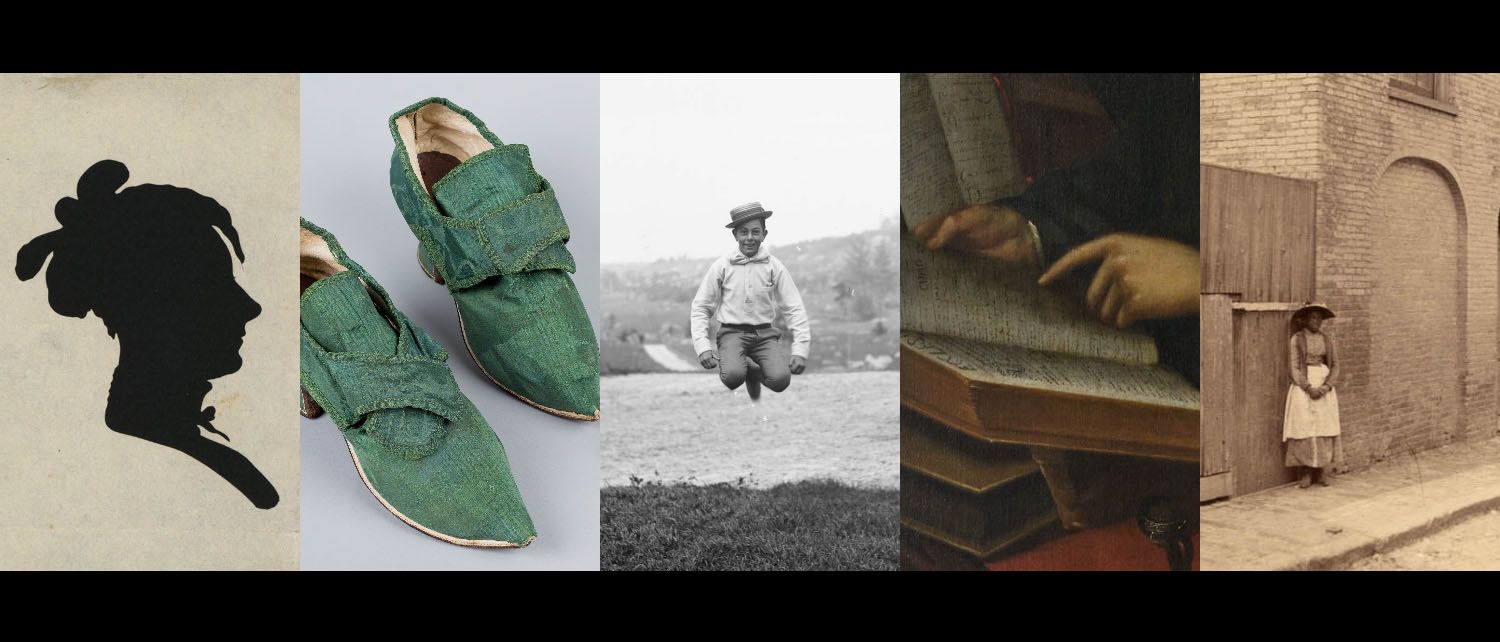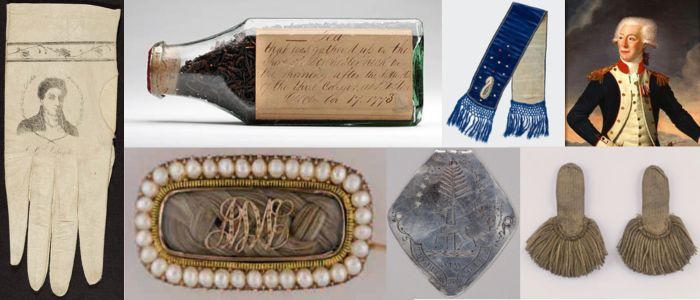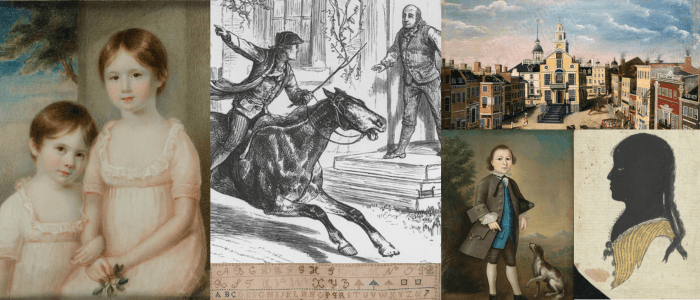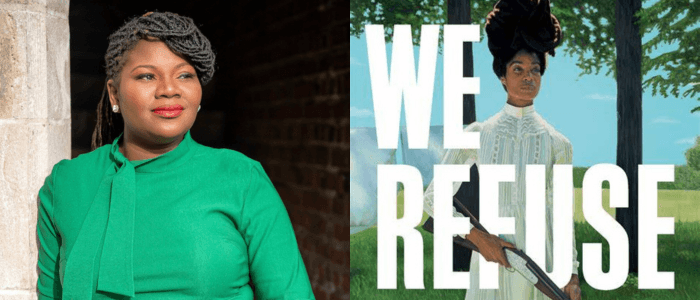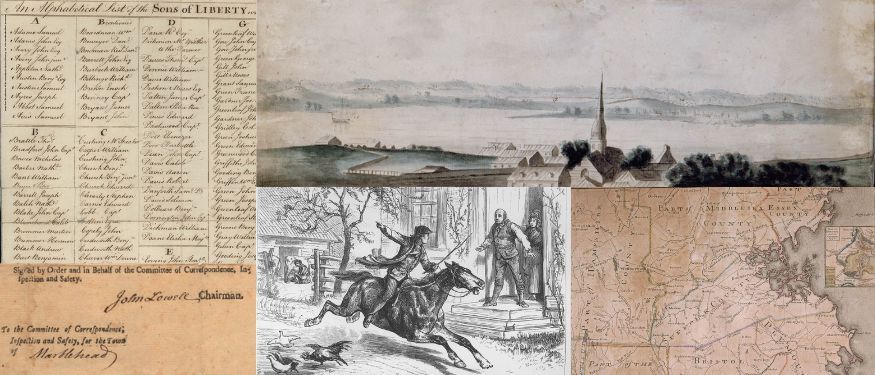Event
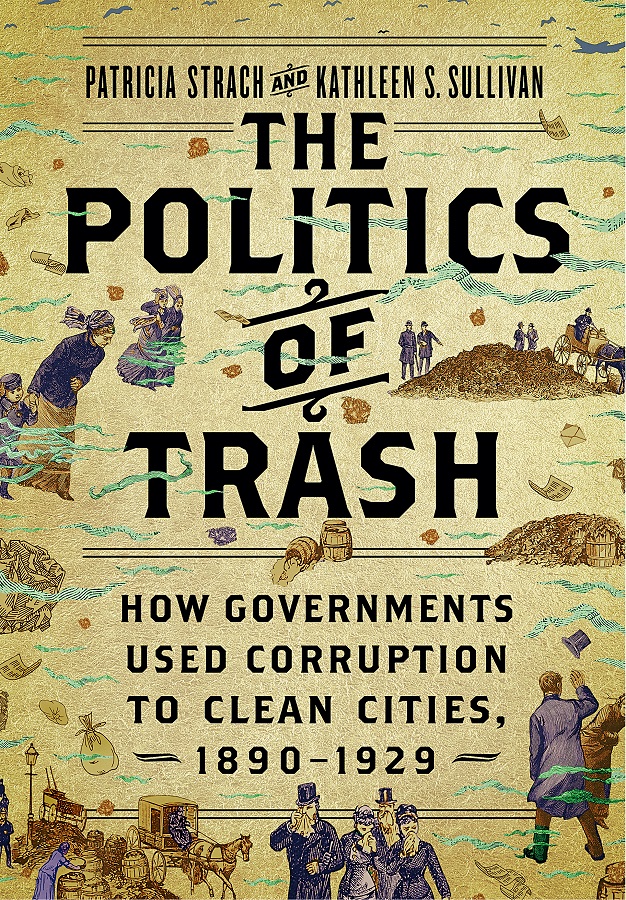
The Politics of Trash: How Governments Used Corruption to Clean Cities, 1890–1929
Patricia Strach, University of Albany, and Kathleen Sullivan, Ohio University
This is a hybrid event. FREE for MHS Members. $10 per person fee (in person). No charge for virtual attendees or Card to Culture participants (EBT, WIC, and ConnectorCare). The in-person reception starts at 5:30 and the program will begin at 6:00.
The Politics of Trash explains how municipal trash collection solved odorous urban problems using nongovernmental and often unseemly means. Patricia Strach and Kathleen S. Sullivan tell a story of dirty politics and administrative innovation that made rapidly expanding American cities livable. When the efforts of sanitarians, engineers, and reformers failed, public officials turned to the tools of corruption, as well as to gender and racial hierarchies. Effective waste collection involved translating municipal imperatives into new habits in homes and private spaces. To change domestic habits, officials relied on gender hierarchy to make the women of white, middle-class households in charge of sanitation. When public and private trash cans overflowed, racial and ethnic prejudices were harnessed to single out scavengers, garbage collectors, and neighborhoods by race. These early informal efforts were slowly incorporated into formal administrative processes that created the public-private sanitation systems that prevail in most American cities today.
Hybrid Event
The in-person reception starts at 5:30 and the program will begin at 6:00.
Masks are optional for this event.
The virtual program begins at 6:00 PM and will be hosted on the video conference platform, Zoom. Registrants will receive a confirmation message with attendance information.
